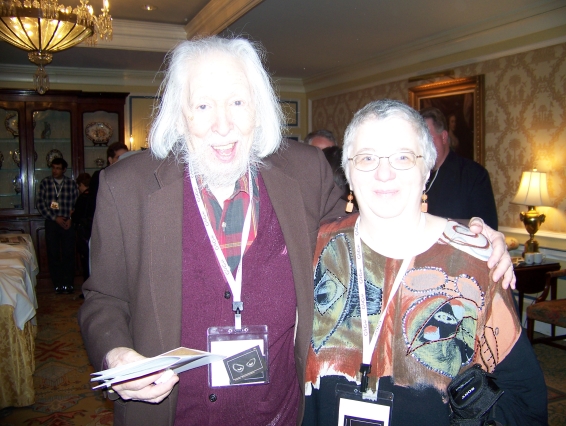Suppose you want to increase your chances of winning the lottery jackpot by pooling money with a group of coworkers. There are several issues you should keep in mind.
When you pool the money and you hit the jackpot, the money has to be split. If you bought 10,000 tickets and the jackpot that you win is $100 million, then each ticket is entitled to a mere $10,000. Your chances of hitting the jackpot in the first place are 1 in 17,500 and you’re not going to get rich off what you win.
Perhaps you’d be satisfied with a small profit. However, as I calculated in my previous piece on the subject, even if you include the jackpot in the calculation of the expected return, the Mega Millions game never had, and probably never will have a positive return.
Despite this fact, people continue to pool money in the hopes of winning big. However, there are more problems in doing this than just its non-profitability.
Consider a scenario. Your coworkers collected $1,000 to buy 1,000 lottery tickets. You give the money to Jerry who buys the tickets. Jerry can go to a store and buy 1,005 tickets. After the lottery he checks the tickets, takes the best five for himself and comes back to work with 1,000 disappointing tickets.
It is more likely that Jerry is cheating or that he will lose the tickets than it is that your group will win the jackpot. But there is a probabilistic way to check Jerry’s integrity. According to the odds, every 40th ticket in Mega Millions wins something. Out of 1,000 tickets that Jerry bought, you should have about 25 that win something. If Jerry systematically brings back tickets that win less often than expected, you should replace Jerry with someone else.
There are methods to protect your group against cheating. For example, you can ask another person to join Jerry in purchasing the tickets, which they then seal in an envelope that they both sign.
Alternatively, you yourself could be the person responsible for buying 1,000 tickets. How would you protect yourself from suspicion of cheating? The same way as I mentioned above: bring along some witnesses and have everyone sign the sealed envelope.
The most reliable way to prevent Jerry from cheating is to have him write down all the ticket numbers and send this information to everyone before the drawing. This way he can’t replace one ticket with another. But this is a lot of work for tickets that are usually worth less than the money you collected to buy them.
But there are other kinds of dangers if you use this supposedly reliable method. If you bought a lot of tickets the probability of winning a big payoff increases. Suppose Jerry publicly locks the envelope in a desk drawer in his office. If one ticket wins $10,000, and everyone knows all the ticket combinations, suddenly Jerry’s desk drawer becomes a very unsafe place to keep the tickets.
Scams are not your only worry. You shouldn’t buy the same combination twice — whether picking randomly or not. You really do not want to waste a ticket and end up sharing the jackpot with yourself.
You cannot change the odds of hitting the jackpot, but you can change the odds of sharing it with others. Indeed, there are people who do not buy random combinations, but rather pick their favorite numbers, like birthdays. You can reduce the probability of sharing the jackpot if you choose the combinations for your tickets wisely, by picking numbers that other people are unlikely to pick.
Still want to try the lottery? If you feel a need to throw your money away, instead of buying lottery tickets, feel free to donate to this blog.
Share:





